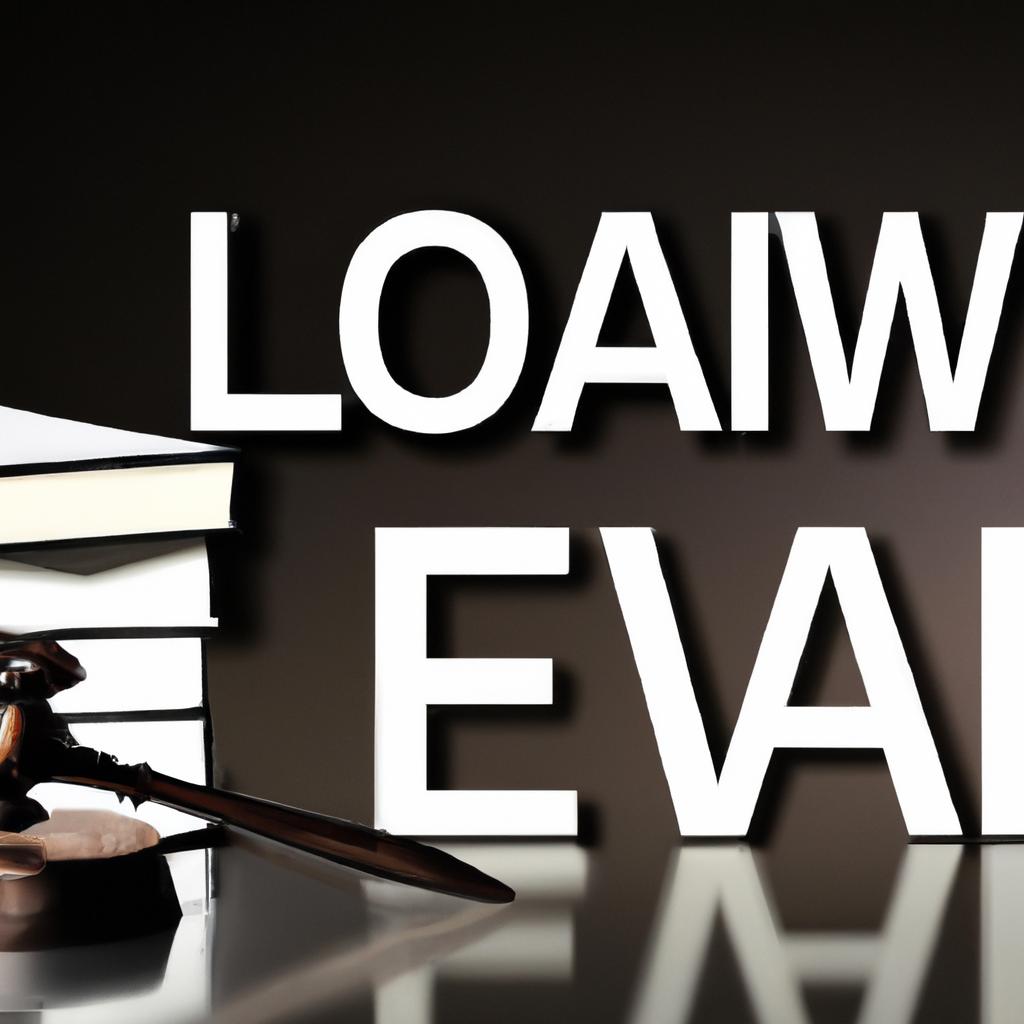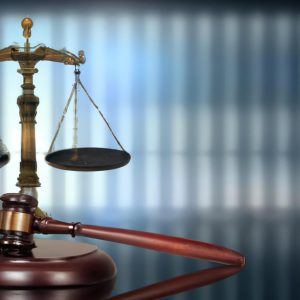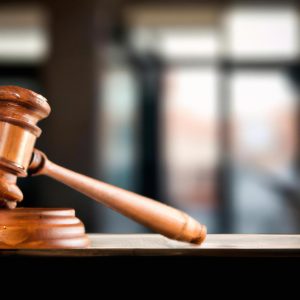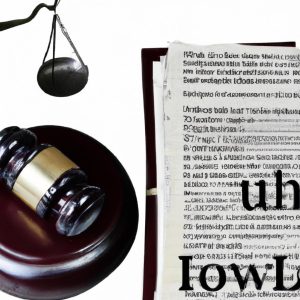When considering the creation of a trust as part of an estate plan, it is imperative to carefully analyze which assets should be included in this legal arrangement. While trusts offer numerous benefits in terms of asset protection and estate distribution, there are certain assets that may not be suitable for inclusion. As experienced attorneys specializing in estate planning at Morgan Legal Group in New York City, we will delve into the intricacies of this topic and provide insights on what assets should not be in a trust.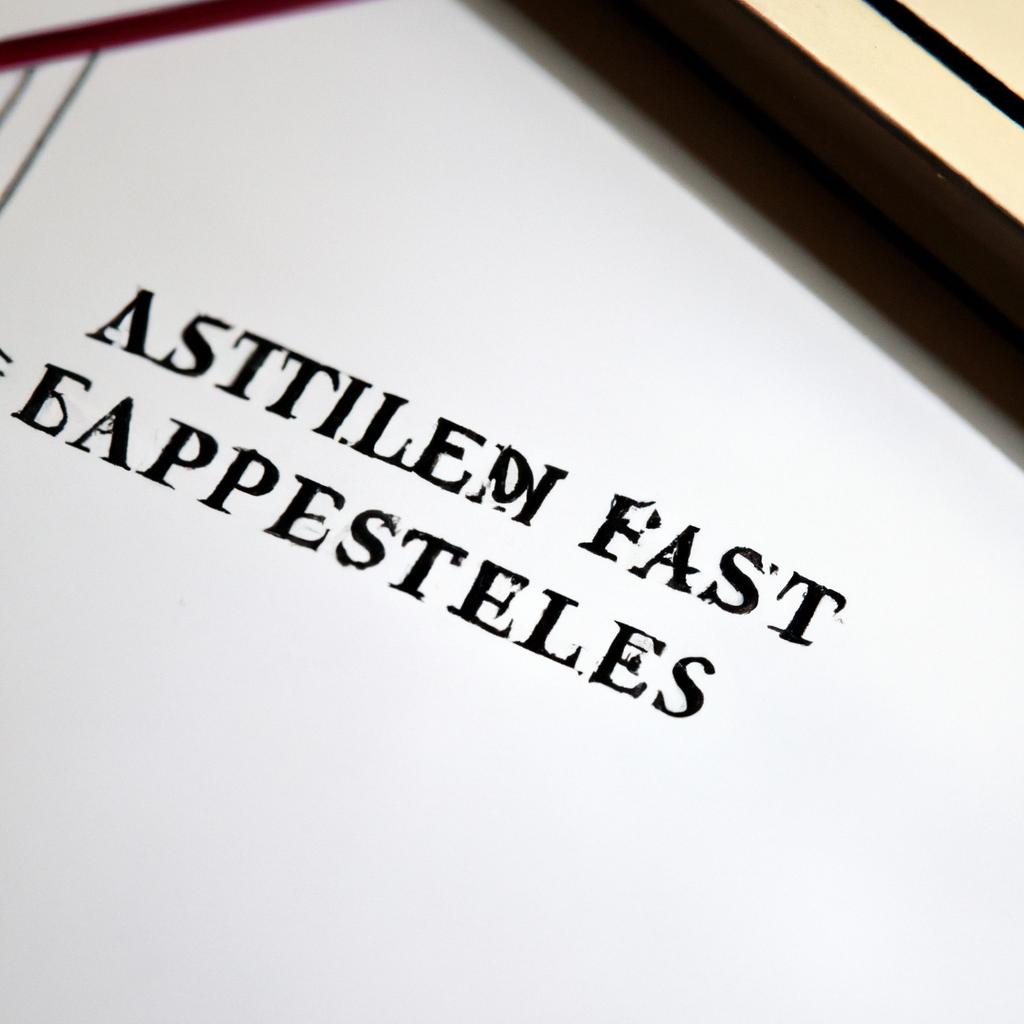
Assets that can complicate estate planning
Some assets are better left out of a trust when it comes to estate planning. Including certain assets in a trust can complicate matters and potentially create more issues than solutions. It’s crucial to carefully consider which assets should not be included in a trust to ensure a smooth and efficient estate planning process.
Assets that should typically not be placed in a trust include:
- Retirement accounts: IRAs, 401(k)s, and other retirement accounts already have their own beneficiary designations, so there’s no need to transfer them into a trust.
- Life insurance policies: Life insurance proceeds should pass directly to the named beneficiaries to avoid delays in receiving the funds.
- Jointly held property: Assets held jointly with rights of survivorship should pass directly to the surviving owner and not through a trust.

Avoiding unnecessary tax consequences when creating a trust
When creating a trust, it is crucial to carefully consider which assets should not be included in the trust to avoid unnecessary tax consequences. Certain assets are better off being held outside of a trust to maximize tax benefits and ensure a smooth transfer of wealth. Here are some assets that should generally not be placed in a trust:
- Retirement accounts: Assets held in retirement accounts such as 401(k)s and IRAs should not be placed in a trust, as doing so can trigger adverse tax consequences. It is recommended to designate beneficiaries directly on these accounts to preserve tax advantages.
- Life insurance policies: Life insurance proceeds are typically tax-free when paid directly to beneficiaries. Placing a life insurance policy in a trust can potentially subject the proceeds to estate taxes, making it more advantageous to keep these assets outside of the trust.
By carefully considering which assets should not be included in a trust, you can effectively avoid unnecessary tax consequences and ensure that your wealth is distributed in the most tax-efficient manner possible. Consulting with an experienced estate planning attorney can help you navigate these complex issues and create a trust that meets your specific needs and goals.

The importance of keeping certain assets out of a trust
When considering estate planning, it is crucial to understand which assets should not be placed in a trust. While trusts are valuable tools for many individuals, certain assets are best kept out of them for various reasons. One key reason for keeping certain assets out of a trust is to maintain their liquidity and accessibility for immediate use or emergency situations.
Assets that should generally not be placed in a trust include:
- Retirement accounts: such as IRAs and 401(k)s, as they have specific tax implications and beneficiaries already designated.
- Life insurance policies: as they should have direct beneficiaries for efficient payout upon death.
- Personal belongings: such as jewelry, art, and family heirlooms, which may be better distributed through a separate personal property memorandum or Will.

Understanding the risks of placing certain assets in a trust
Placing assets in a trust can be a strategic way to protect and distribute wealth, but certain assets are better off kept out of a trust due to potential risks and complications. It is crucial to understand which assets should not be included in a trust to ensure that your estate planning is comprehensive and effective.
Assets that should not be placed in a trust:
- 401(k) accounts and IRAs: These retirement accounts have specific tax advantages that could be lost if placed in a trust.
- Life insurance policies: Life insurance proceeds are typically protected from creditors and may not benefit from being placed in a trust.
- Motor vehicles: Placing a vehicle in a trust may complicate the transfer of ownership and increase administrative costs.
Q&A
Q: Can I put my retirement accounts in a trust?
A: No, retirement accounts such as 401(k)s or IRAs should not be put into a trust as it can cause tax complications and lead to penalties.
Q: Can I place my life insurance policy in a trust?
A: It is generally not recommended to place a life insurance policy in a trust as it can result in unintended consequences for beneficiaries.
Q: Should I include my personal residence in a trust?
A: While some people choose to place their home in a trust for estate planning purposes, it is essential to consider the potential tax implications and seek advice from a legal professional.
Q: Are business interests suitable for a trust?
A: Business interests can be complicated to place in a trust and may lead to complications with partnerships or LLCs. It is advisable to consult a lawyer before doing so.
Q: Can I include my valuable artwork in a trust?
A: Valuable artwork can be included in a trust, but it is crucial to consider issues of insurance, maintenance, and accessibility for future generations.
Closing Remarks
In conclusion, when deciding which assets to include in a trust, it is important to carefully consider the nature and purpose of the asset. While trusts can offer numerous benefits, not all assets are well-suited for inclusion. By understanding the limitations and potential drawbacks of placing certain assets in a trust, individuals can make more informed decisions when it comes to estate planning. Remember, seeking advice from a qualified professional can help ensure that your assets are properly protected and distributed according to your wishes.
 When it comes to estate planning, one common tool that individuals use is a trust. A trust is a legal arrangement in which assets are managed by a third party, known as a trustee, for the benefit of the trust’s beneficiaries. Trusts can offer many benefits such as avoiding probate and minimizing estate taxes. However, it’s essential to understand that not all assets should be placed in a trust. In this article, we will discuss the assets that should not be in a trust and the reasons why.
When it comes to estate planning, one common tool that individuals use is a trust. A trust is a legal arrangement in which assets are managed by a third party, known as a trustee, for the benefit of the trust’s beneficiaries. Trusts can offer many benefits such as avoiding probate and minimizing estate taxes. However, it’s essential to understand that not all assets should be placed in a trust. In this article, we will discuss the assets that should not be in a trust and the reasons why.
1. Individual Retirement Accounts (IRAs)
Many people hold a significant portion of their assets in an IRA, and it’s important to note that IRAs should not be placed in a trust. IRAs are already structured to pass down to a beneficiary upon the account holder’s death, so by putting it in a trust, it could create unnecessary complications. Additionally, putting an IRA in a trust can trigger an immediate tax bill on the entire balance of the account.
2. Life Insurance Policies
Like IRAs, life insurance policies are also designed to pass directly to a beneficiary upon the policyholder’s death. Placing a life insurance policy in a trust can result in similar tax implications, and it can also limit the ability of the beneficiaries to access the funds quickly.
3. Tangible Personal Property
Tangible personal property refers to physical items like jewelry, artwork, or furniture. In most cases, these items hold sentimental value, and it’s essential for them to remain in the hands of their intended recipients. Placing these assets in a trust can make it challenging to pass them down to specific individuals and could result in legal disputes.
4. Jointly Held Property
If you jointly own property with someone, such as a spouse or business partner, it would be far more beneficial to trust that individual to manage the property rather than placing it in the trust. Transferring jointly held property to the trust can complicate ownership rights and potentially create legal issues.
5. Assets with a Mortgage or Loan
Assets with a mortgage or loan, such as a house or a car, should not be placed in a trust. When an asset with a loan is placed in a trust, the loan’s terms may be violated, and the assets could become subject to creditors’ claims.
6. Health Savings Accounts (HSAs)
An HSA is a tax-advantaged account that individuals can use to save for medical expenses. Like IRAs and life insurance policies, HSAs have designated beneficiaries, and transferring them to a trust could result in adverse tax consequences.
7. Future Assets
A trust should only hold assets that exist at the time it’s created. It’s not a good idea to include future assets, such as inheritances or potential winnings, in a trust. Doing so could create legal complications and put the validity of the trust at risk.
8. Assets Used for Everyday Living Expenses
Assets that an individual uses for their daily living expenses, such as checking and savings accounts, should not be placed in a trust. Doing so can hinder the individual’s ability to access their own money and create unnecessary complications.
9. Retirement Plans
Besides IRAs, there are other types of retirement plans, such as 401(k)s and pensions, that should not be placed in a trust. Transferring these assets to a trust can have severe tax consequences and restrict the beneficiaries’ ability to access the funds.
10. Rental Property
Placing rental property in a trust can expose the trust to liability and create issues with rental income taxation. It’s generally best to keep rental property outside of a trust for these reasons.
In conclusion, trusts can be valuable tools in estate planning. However, it’s essential to know what assets should not be placed in a trust. By avoiding these common mistakes, you can ensure that your estate plan is well-structured and serves its intended purpose. It’s always best to consult with an experienced attorney who specializes in estate planning to assist you in creating a trust that meets your unique needs.

